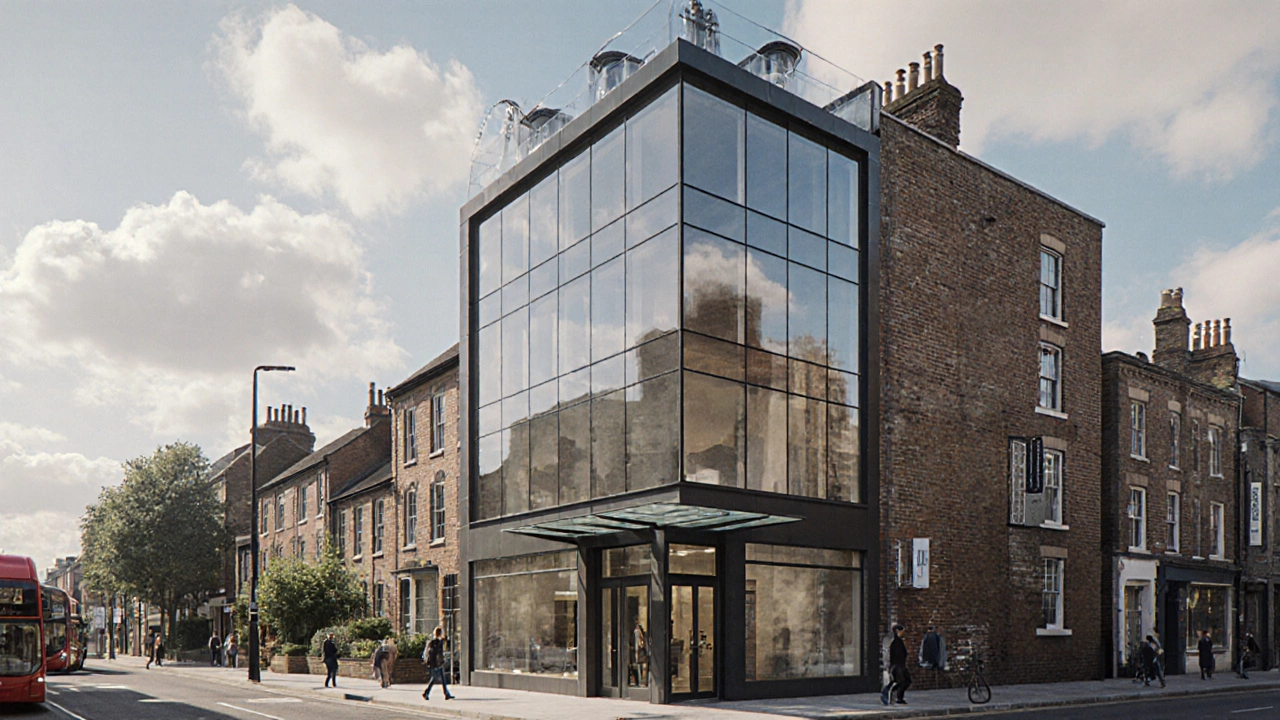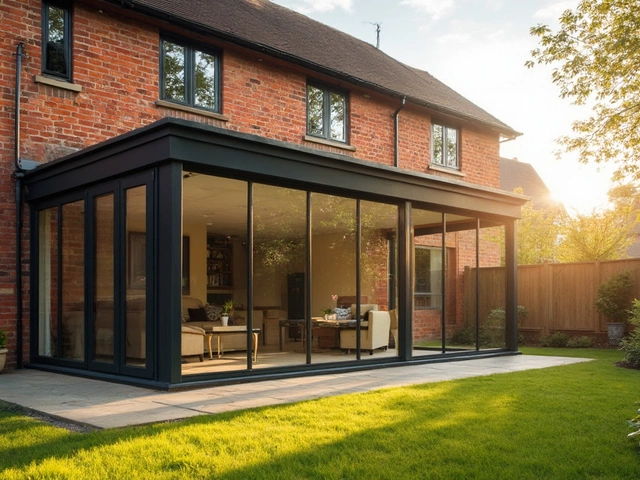Zoning in Construction and Design: What It Means and How It Affects Your Project
When you start a construction or renovation project, zoning, the set of local laws that control how land can be used in specific areas. Also known as land use regulations, it determines whether you can build a home, open a shop, or add a second story to your house. It’s not just paperwork—it’s the invisible framework that decides what’s possible on your property. Skip understanding zoning, and you could spend thousands on plans that get rejected—or worse, face fines or forced demolition.
Zoning doesn’t just separate houses from factories. It controls height limits, lot coverage, parking requirements, and even the color of your front door in some neighborhoods. For example, if you’re planning a commercial construction, building projects designed for business use like offices, retail, or restaurants in a residential zone, you’ll need a special permit or rezoning approval. That’s why schools, clinics, and small businesses often face delays—they’re trying to fit into zones meant for homes. Meanwhile, residential construction, building or renovating homes for private occupancy is tightly tied to setbacks, yard sizes, and density rules. A two-story house might be fine in one suburb but banned in the next because of height restrictions.
And zoning doesn’t stay still. Cities update their rules to handle growth, housing shortages, or new trends like home offices and short-term rentals. What was allowed five years ago might be illegal today. That’s why projects like kitchen remodels or bathroom upgrades—even if they seem small—can still run into zoning issues if they involve adding square footage, moving exterior walls, or changing the building’s use. You can’t just assume your permit covers everything. Many people learn this the hard way after hiring contractors who don’t check local codes.
The posts below show how zoning touches everything from kitchen layouts to new home builds. You’ll find real examples of how zoning affects where you put your fridge, whether you can build a new house in Auckland, and why a school might be classified as commercial or industrial. These aren’t abstract rules—they’re the hidden hands that shape your space, your budget, and your timeline. Whether you’re renovating a single room or planning a full build, knowing what zoning allows (and blocks) saves time, money, and stress.
Defining a Commercial Building: Key Features & Requirements
Learn what defines a commercial building, from zoning and occupancy codes to design features, financial metrics, and a quick checklist for identification.
What Is Classified as Commercial? Understanding Commercial Construction Spaces
Curious what counts as a commercial building? This article breaks down what makes a property 'commercial' in the construction world. It covers which spaces fall into this category (and which don’t), why the classification matters, and some surprising facts about building codes and regulations. You’ll also find practical advice for anyone who needs to figure out if a project or property counts as commercial. Consider this your no-nonsense guide to commercial construction lingo.






